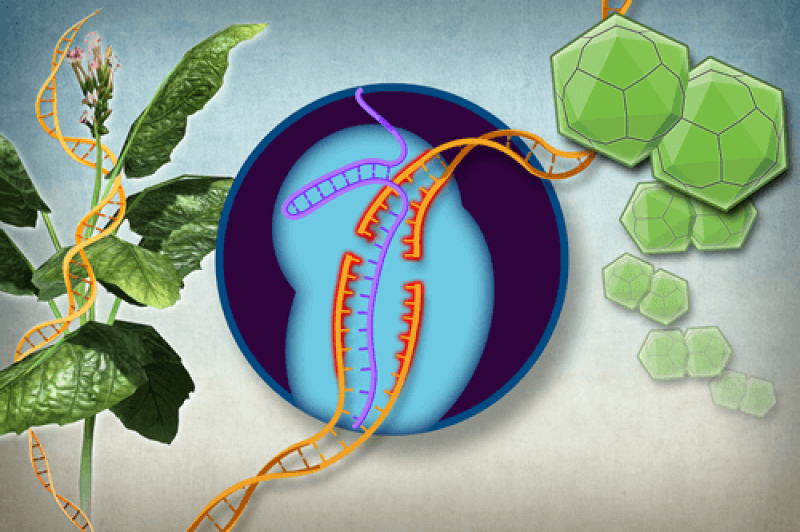From a year down to two weeks: Chinese scientists create efficient plant gene editing tool that leapfrogs over ‘tedious’ steps
From a year down to two weeks: Chinese scientists create efficient plant gene editing tool that leapfrogs over ‘tedious’ steps


“Even primary school students and old farmers can master gene editing,” says [Southern University of Science and Technology, or SUSTech] scientist Zhu Jian-Kang, who has helped develop a new approach that could greatly simplify the difficult and time-consuming process of editing genes in plants.
…
While conventional methods of heritable gene editing in plants often take months, and in some cases up to a year, this innovative approach could reduce the process to about two weeks, according to [Cao Xuesong, a scientist at SUSTech and a member of Zhu’s team], who is also the first author of the study.
After years of trying and searching, Zhu’s team has developed a new method called “CDB”, short for “cut-dip-budding”, which skips some of the tedious steps, including tissue culture.
In the three CDB steps, a part of the plant that is more likely to regenerate, such as a leaf or root, is first cut to create a “wound” and then ‘dipped’ into a solution containing a bacterium called Agrobacterium to help deliver the gene editor enzyme into the plant cells. Finally, the edited or modified cells are regenerated.
…
Cao said the team had tested the technology on more than 20 plant species, and “it has the potential to become a general-purpose approach”.
This is an excerpt. Read the original post here

 | Videos | More... |

Video: Nuclear energy will destroy us? Global warming is an existential threat? Chemicals are massacring bees? Donate to the Green Industrial Complex!
 | Bees & Pollinators | More... |

GLP podcast: Science journalism is a mess. Here’s how to fix it

Mosquito massacre: Can we safely tackle malaria with a CRISPR gene drive?

Are we facing an ‘Insect Apocalypse’ caused by ‘intensive, industrial’ farming and agricultural chemicals? The media say yes; Science says ‘no’
 | Infographics | More... |

Infographic: Global regulatory and health research agencies on whether glyphosate causes cancer
 | GMO FAQs | More... |

Why is there controversy over GMO foods but not GMO drugs?

How are GMOs labeled around the world?

How does genetic engineering differ from conventional breeding?
 | GLP Profiles | More... |

Alex Jones: Right-wing conspiracy theorist stokes fear of GMOs, pesticides to sell ‘health supplements’




 Viewpoint — Fact checking MAHA mythmakers: How wellness influencers and RFK, Jr. undermine American science and health
Viewpoint — Fact checking MAHA mythmakers: How wellness influencers and RFK, Jr. undermine American science and health Viewpoint: Video — Big Solar is gobbling up productive agricultural land and hurting farmers yet providing little energy or sustainabilty gains
Viewpoint: Video — Big Solar is gobbling up productive agricultural land and hurting farmers yet providing little energy or sustainabilty gains Fighting deforestation with CO2: Biotechnology breakthrough creates sustainable palm oil alternative for cosmetics
Fighting deforestation with CO2: Biotechnology breakthrough creates sustainable palm oil alternative for cosmetics Trust issues: What happens when therapists use ChatGPT?
Trust issues: What happens when therapists use ChatGPT? 30-year-old tomato line shows genetic resistance to devastating virus
30-year-old tomato line shows genetic resistance to devastating virus California, Washington, Oregon forge immunization alliance to safeguard vaccine access against federal undermining
California, Washington, Oregon forge immunization alliance to safeguard vaccine access against federal undermining The free-range chicken dilemma: Better for birds, but with substantial costs
The free-range chicken dilemma: Better for birds, but with substantial costs ‘You have to treat the brain first’: Rethinking chronic pain with Sanjay Gupta
‘You have to treat the brain first’: Rethinking chronic pain with Sanjay Gupta
